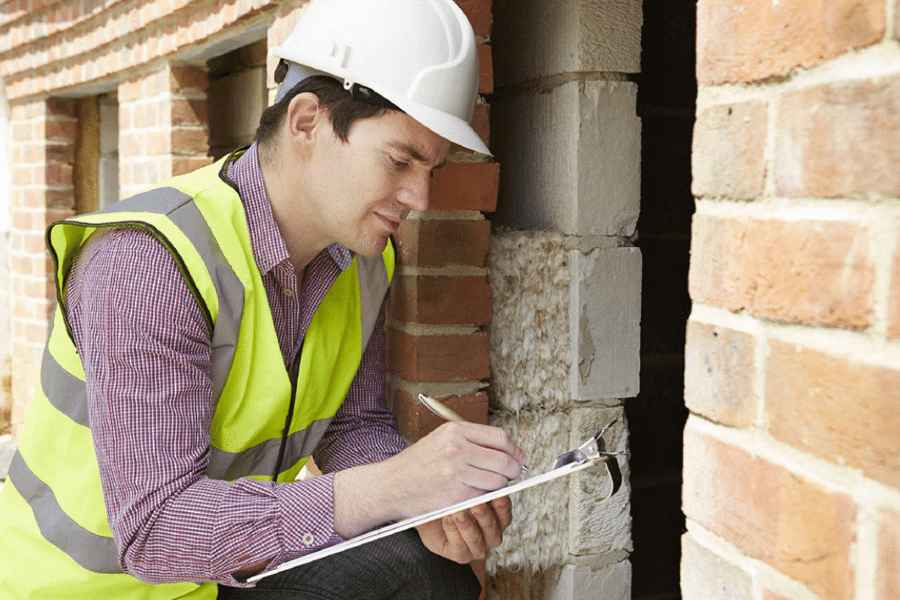Unlocking a Lucrative Career in Home Inspection

Image: www.inspectionsupport.com
Introduction
Inspecting homes for buyers and sellers is a crucial aspect of the real estate industry. Home inspectors meticulously examine properties to identify potential issues that could affect the safety, functionality, and value of the home. In Georgia, the demand for qualified home inspectors is on the rise as the housing market continues to grow. If you’re considering a career in home inspection, navigating the licensing process and meeting the necessary qualifications can be daunting. This comprehensive guide will provide you with a step-by-step roadmap to becoming a licensed home inspector in Georgia.
Step 1: Meet the Minimum Eligibility Requirements
Aspiring home inspectors in Georgia must possess a high school diploma or equivalent. Additionally, you’ll need to complete 200 hours of training from an approved home inspection training provider. The Georgia Real Estate Inspectors Association (GREIA) offers an approved training program to help you meet this requirement.
Step 2: Pass the National Home Inspector Exam (NHIE)
Once you’ve completed the required training, you must pass the National Home Inspector Exam (NHIE), administered by the International Association of Certified Home Inspectors (InterNACHI). The exam covers a wide range of topics, including structural components, heating and cooling systems, plumbing, and electrical systems. Utilize study materials from InterNACHI or other reputable sources to adequately prepare for the exam.

Image: fitsmallbusiness.com
Step 3: Register with the Georgia Real Estate Commission (GREC)
After passing the NHIE, you must register with the Georgia Real Estate Commission (GREC). You’ll need to submit an application, provide proof of training and exam completion, and pay the necessary fees. Once your application is approved, you’ll be issued a license as a registered home inspector in Georgia.
Step 4: Obtain Liability Insurance
As a home inspector, it is mandatory to carry errors and omissions (E&O) insurance to protect yourself and your clients from potential lawsuits. Liability insurance provides financial coverage in case of alleged professional negligence or errors in your inspection reports.
Step 5: Consider Additional Certifications
While not mandatory, obtaining additional certifications can enhance your credibility and demonstrate your expertise. The GREIA offers several certifications, including the Master Inspector Certification and the Inspector Pro Certification. These certifications require additional training and testing, but they can differentiate you from other inspectors and open doors to higher-profile projects.
How To Become Home Inspector In Ga
Conclusion
Embarking on a career as a home inspector in Georgia can be a rewarding and lucrative opportunity. By following the steps outlined in this guide, you can navigate the licensing process, acquire the necessary training and certifications, and establish yourself as a qualified professional in the field. Remember to embrace continuous learning and stay updated with industry best practices to ensure your success in this dynamic and growing profession.